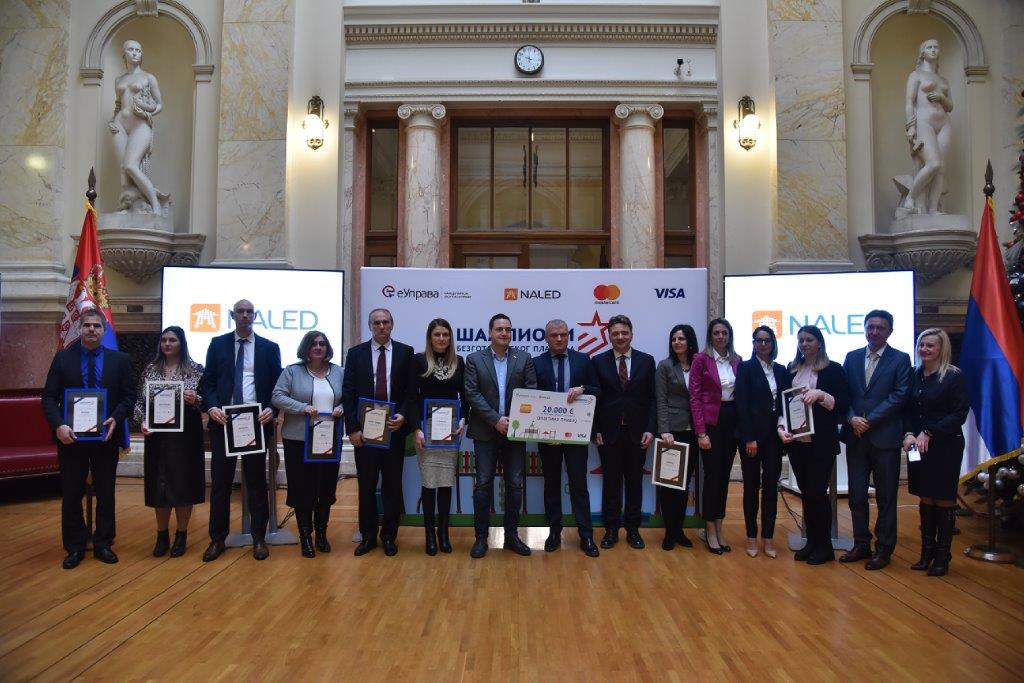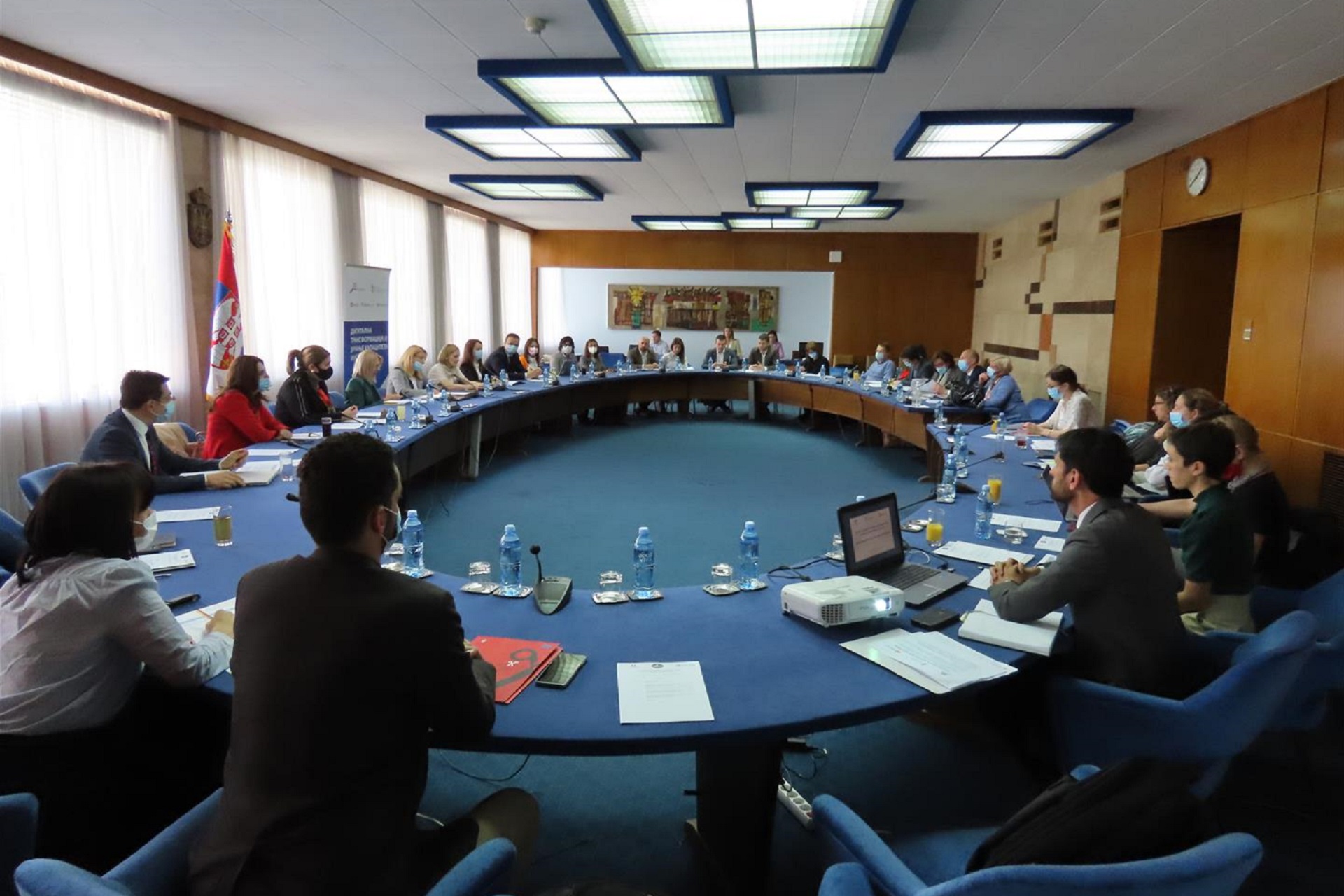We make a million and a half cashless payments daily
The introduction of state-of-the-art infrastructure combined with lower payment costs had a positive effect on the growth cashless transactions during 2020 - the latest data from the National Bank of Serbia shows that more than one and a half million payments are made daily in our country and in this way, 1.7 billion dinars are allocated every day.
Since this type of payment makes transactions visible to the tax authorities, as opposed to cash payments, where in case of non-invoicing the purchase remains completely invisible, NALED believes that its additional popularization through increasing the number of outlets accepting cashless funds could contribute to reducing the scale of the shadow economy.
-Apart from the fact that the "Get the receipt to win" fiscal lottery proved to be an excellent mechanism for raising awareness about countering shadow economy, it also gave us useful guidelines for further promotion of cashless culture in Serbia. Data from the game show’s last cycle shows that 8% of envelopes contained slips for card payments, which indicates that citizens are inclined to pay cashless when they have the right conditions to do so. Among other things, this was confirmed by NALED's "Cashless Payments Champions" competition, within which 400 POS terminals were installed in local governments across the country. With the aim of countering shadow economy more intensively, the construction of POS infrastructure must be a priority, especially in small communities and small shops where this shortcoming is more pronounced - says Jelena Ristić, Vice President of NALED’s Fair Competition Alliance and Market Director for Serbia, Montenegro and Bosnia and Herzegovina, Mastercard.
NALED will continue with similar promotional actions in the future, and according to Ristić, a program is planned to encourage cashless payments among small and medium enterprises, in order to provide consumers to choose freely to make a purchase by card, phone or cash.
The need for cahless payments was additionally imposed by the movement restrictions caused by the covid-19 pandemic: citizens "took out" their cards 14 million times at points of sale for online payments, with the number of online purchases jumping by 104% in 2020 compared to a year ago.
In addition to 314 million card transactions worth more than 575 billion dinars, last year another 277 million payments were made via other cashless instruments (internet and mobile banking, transfer of approvals, etc.) in the amount of 41 billion dinars.
The introduction of instant payments (at the end of 2018), as one of the most contemporary models currently in the world, contributed to the growth of payments in this segment. In the first quarter of this year, compared to the first quarter of 2019, the number of instant payment transactions performed by both citizens and businesses was seven times higher, and the value of these transactions increased by 343%.
Although these results seem encouraging, we should not forget that there are about 99,300 POS terminals at points of sale throughout Serbia, which is more than twice less than the European average. In addition, in many places the use of other cashless payment instruments is not yet available and the provision of infrastructure should be a priority.



